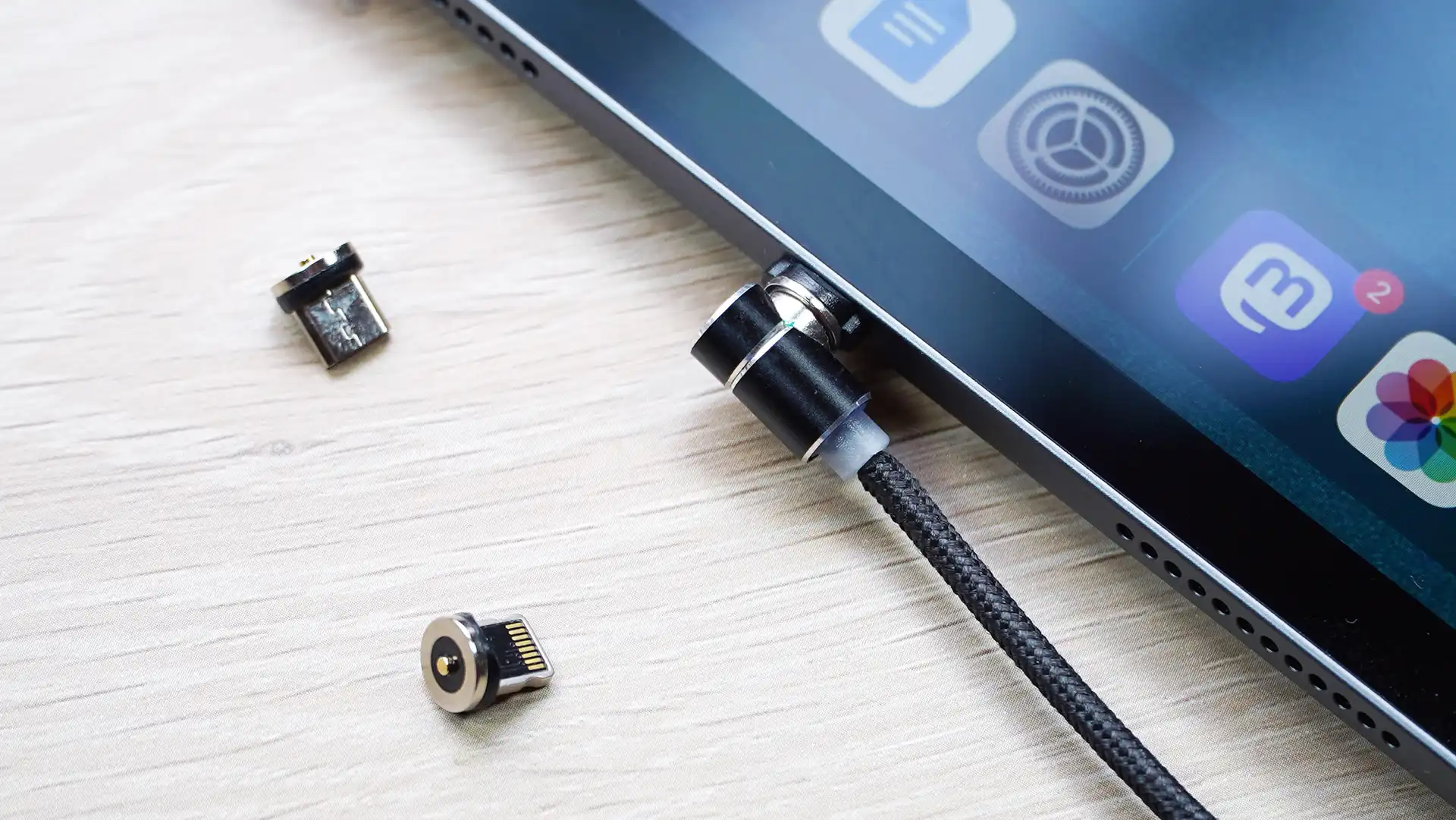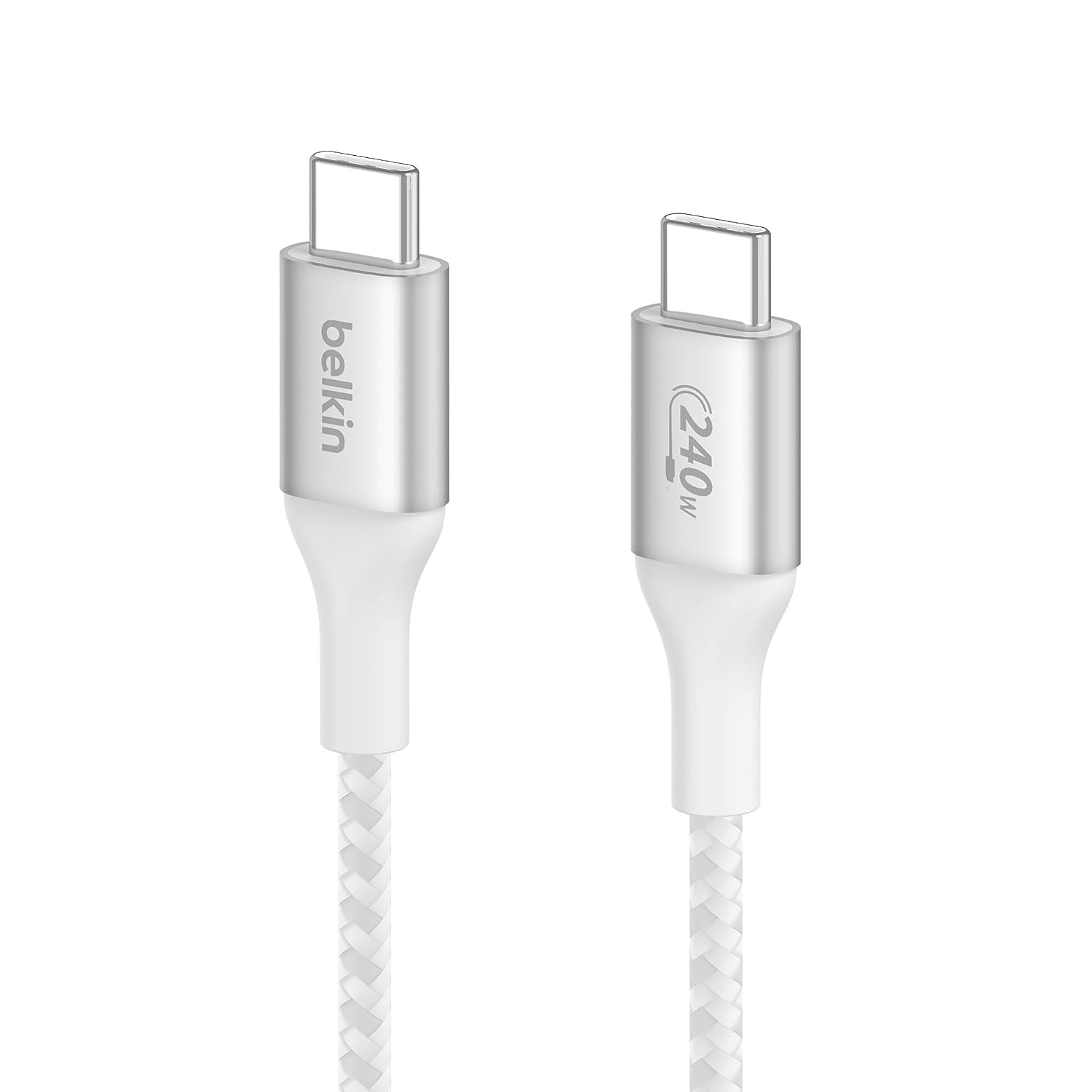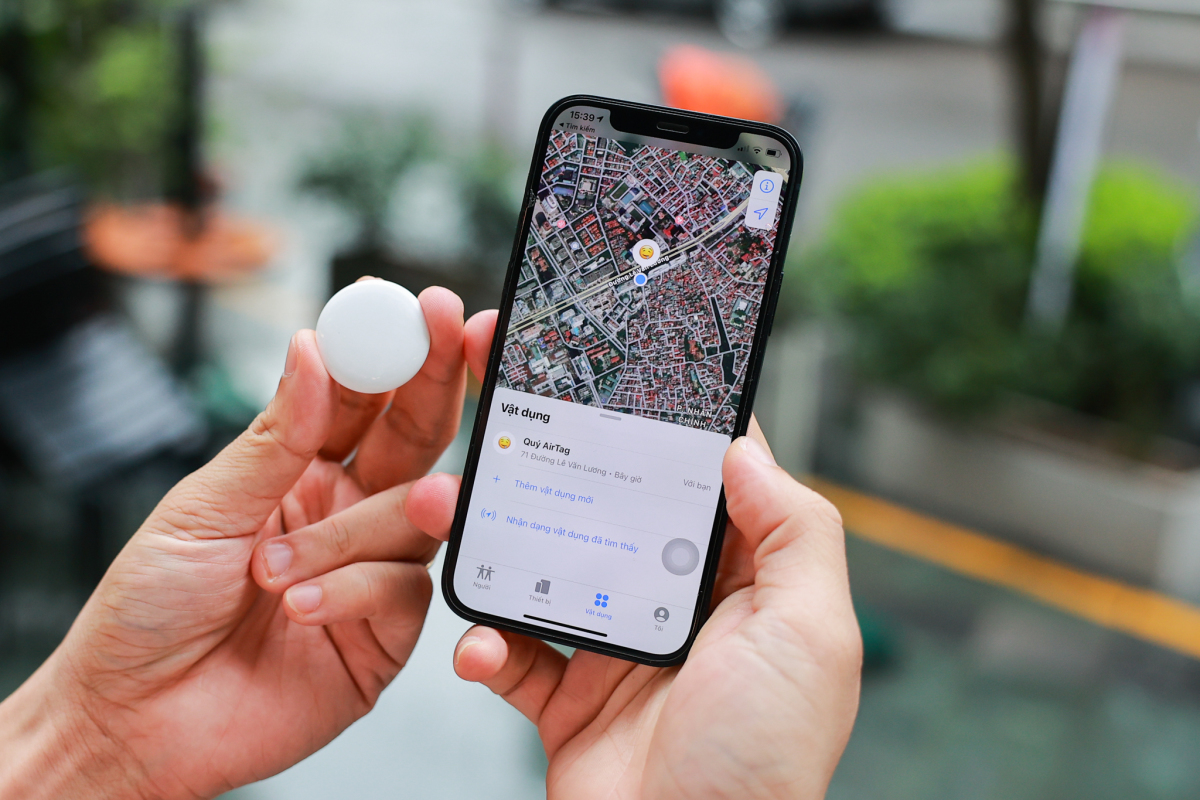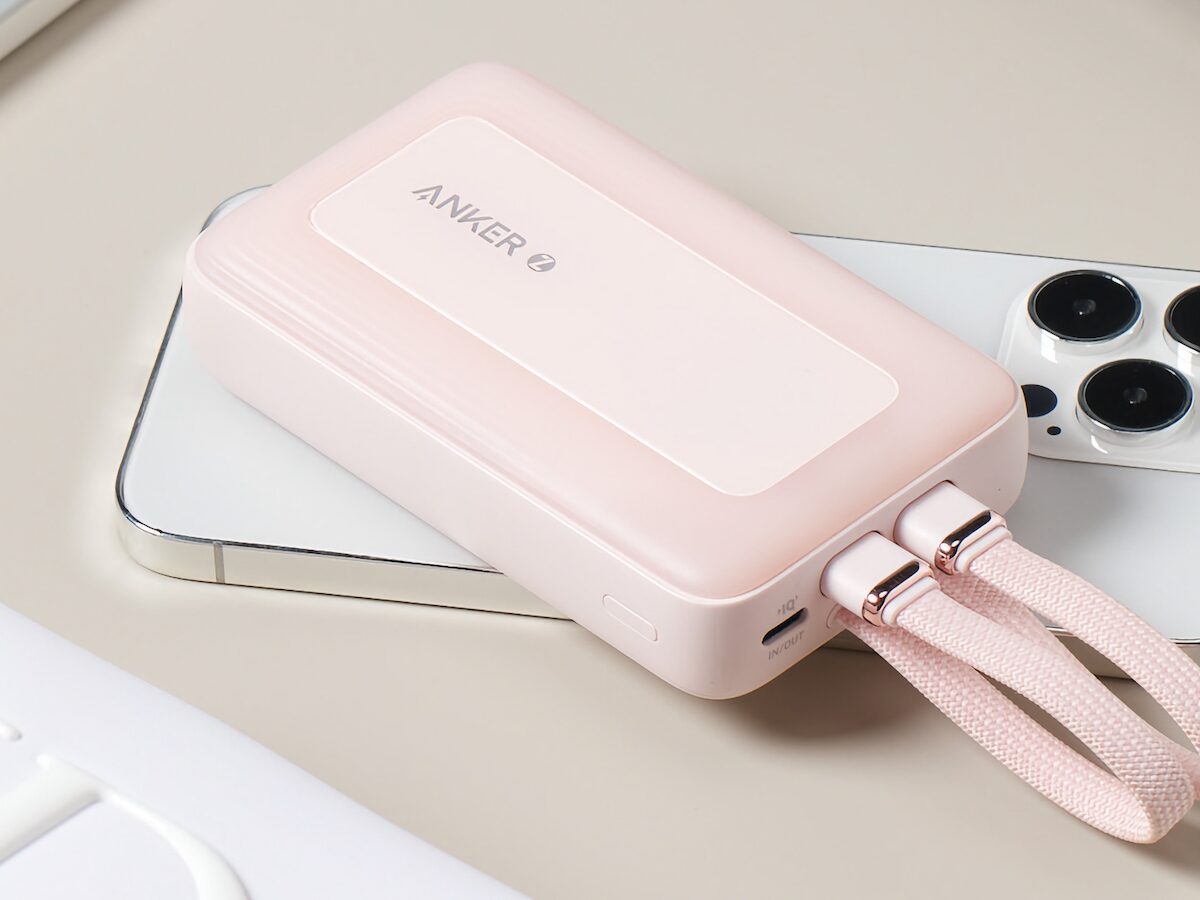Aftermarket magnetic USB-C adapters come with real risks to your hardware.
If you’ve ever toppled your phone, tablet, or laptop by tripping over the power cable, you probably wondered why, oh why, the connector tip doesn’t have a magnetic safety release such as what Apple has on its MacBooks and Microsoft on its Surface laptops.
But you’ve found a cheap solution: An $11 magnetic-tip adapter that attaches to any USB-C cable! Problem solved.
Unfortunately, while it seems like a no-name adapter off Amazon is a great idea, there’s actually plenty of evidence to suggest you’re putting your hardware at risk with them.
Among the risks cited by USB-C experts are:
- The risk of static electricity discharge.
- Data loss and performance degradation from electronic magnetic interference from the exposed POGO pins (the tiny metal pins that push out to make the contact).
- The risk of electrical arc damage across the pins in high-humidity environments.
- The potential for debris to short out the exposed magnetic pins.
- It’s not officially part of the USB-C specification.
The last point may sound like a drunken sports-bar argument over an esoteric NFL rule, but it may actually be the best reason not to buy a magnetic tip adapter.
Watch out for those magnetic connectors!
As USB-C was designed around the assumption that a USB-C cable would be plugged into a USB-C port — not connected by a magnet — the engineers didn’t account for the side effects. For example, USB-C is designed to anticipate a laptop drawing 65 watts to suddenly have its cable unplugged and to minimize the risk of an electrical arc by cutting the power in a set amount of time.
All that engineering goes out the window when you attach a magnet to the end of the cable, which can be detached far faster. If power is still flowing through the cable, the risk of an arc is increased.
But, you say, “Apple and Microsoft use magnetic connectors on their laptops and they’re perfectly safe.”
Yes they do (and Microsoft even has filed a patent on a USB-C magnetic connector that it hasn’t acted on yet), but both device makers have also presumably put the engineering work into their proprietary connectors and chargers to account for the risk of damage and data loss from sudden disconnects — and have the money to stand behind the products.
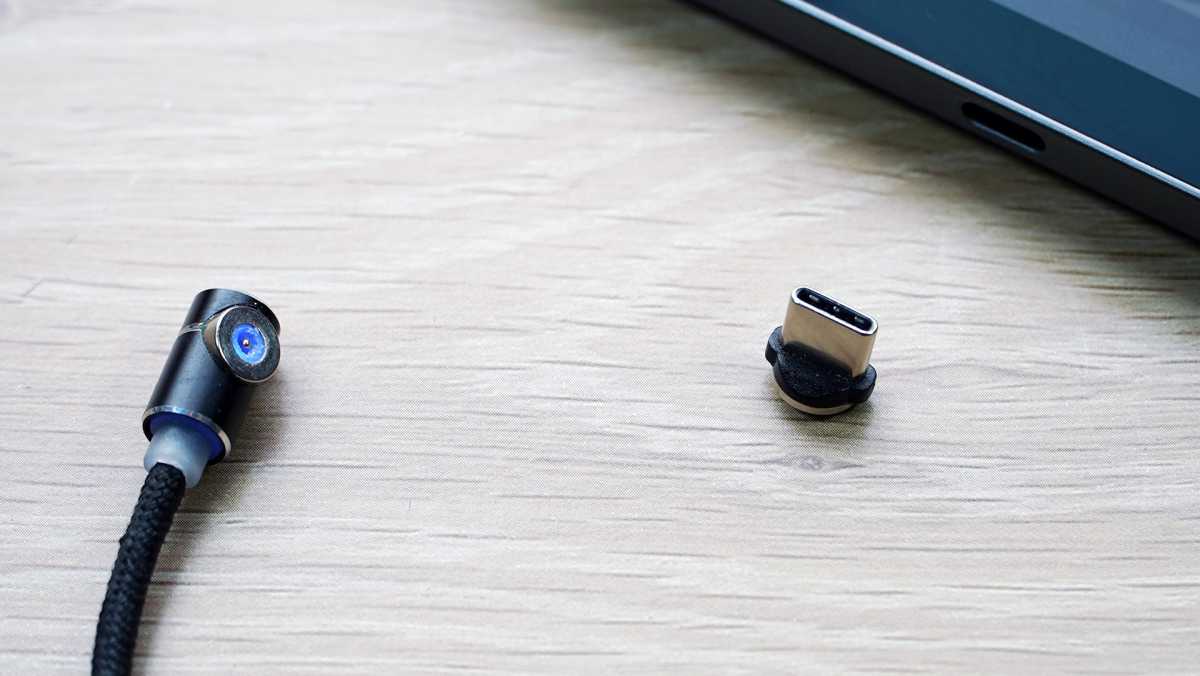
Michael Crider
You are unlikely to see that level of engineering work from a tiny vendor cranking out $11 magnetic adapters. And while you’ll find anecdotal reports of people saying they have had “no problems at all” using these magnetic adapters, you can also find plenty of anecdotal reports of damaged phones and laptops from using these adapters, too.
And those reports match the warnings of interference, and arcing to killed charging ports from metal debris sucked into the magnetized connectors.
Over at the Framework Laptop forum, one customer posted their bad experience with a magnetic tip adapter: “I bought one of those magnetic USB-C cables and nearly fried something in my laptop with static electricity on the exposed plug. The laptop failed to post, and the blinking lights indicated a memory failure with error code 00001110,” the person wrote. “The next day, it booted fine, which was odd. Memory tests indicate no issues. Warning symptoms that you are about to fry something: The display will glitch or suddenly turn black during use.”
(The) solution is to remove the USB-C cable and its detachable plug from the laptop,” the person wrote. “Of course, there are a few threads here about magnetic USB-C cables and in them, they do warn you not to use them, but I didn’t realize it was an issue until it was too late.”
And over at the USBCHardware Reddit forum where it’s been a pinned warning for more than three years I found this report:
“I have a notebook burned by an accidental magnetic connector detach being connected to a charger. Then I inspected the connector parts with a magnifying glass to find out it was made very good way to prevent such accidents. In fact, I can’t understand how did it happen. But, on the other hand, the damaged notebook is the fact that can’t be denied. Since then I stopped using them and recommend the same to my friends.”
There are others to be found, as well, but we’ll stop our parental lecture. Ultimately it’s up to everyone to decide how comfortable they are with the risk of using a magnetic adapter, and you have to weigh the relative risks of a damaged port or laptop from tripping over the cable, against killing your laptop, tablet, or phone from using an $11 magnetic adapter.
For me, I’ll pass, but you’ll have to decide for yourself where you stand.

